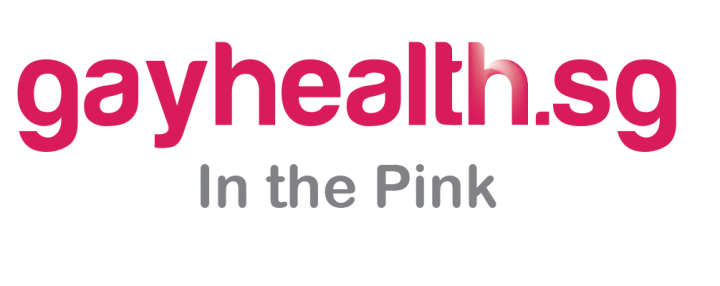A. Section 377A Strengthens and Perpetuates Stigma and Discrimination of Men-who-have-sex-with-men (MSM) and Persons Living with HIV/AIDS (PLHIV)
The number of HIV cases acquired through MSM transmission has been steadily increasing over the years. There continue to be delays in HIV diagnosis and counseling, as a result of which many patients only seek treatment in late stages of HIV infection.
- Stigma and discrimination are the main barriers to early HIV testing and diagnosis. The main structural obstacle that perpetuates stigma and discrimination of MSM, as well all other persons living with HIV/AIDS in Singapore, is Section 377A of the Penal Code.
- Section 377A makes criminals of all MSM. They fear that if they go for HIV testing, they are admitting that they engage in illegal activity. Section 377A therefore stigmatizes HIV infection.
- As a result of Section 377A, MSM are looked down upon as immoral individuals deserving of discrimination. The fear of being identified as homosexual or possibly homosexual deters many who are at risk of HIV infection from seeking timely HIV testing and delays care, support and treatment of their illness. This fear applies to all men, homosexual, bisexual as well as heterosexual men.
- Earlier diagnosis and treatment will mean better health outcomes for patients and lead to better HIV prevention and control of the epidemic in the Singapore.
B. The Negative Impact of Section 377A on HIV Prevention
- Section 377A has stifled HIV prevention campaigns for MSM, in particular those who are not ‘out’ and are under the radar and do not patronize gay identified venues. MSM who do not patronize these venues cannot be reached by these educational campaigns centered in these venues.
- As a result of the 377A, behavioural research of gay and other MSM identities and sexual behaviors in Singapore has been difficult. This lack of data has hampered efforts to design more effective HIV/AIDS education and prevention programs for MSM.
- The existence of Section 377A has made it difficult to reach young MSM. School-based programmes do not provide information and materials that discuss homosexuality in a sensitive and unbiased manner, these programmes do not include accurate or useful information of relationships and safer sex practices relevant to MSM. Young MSM are therefore marginalized, they are not provided important information and advice, this has resulted in young MSM being especially vulnerable to Sexually-transmitted Diseases (STI) and HIV infection compared with their heterosexual peers.
- Section 377A has meant that mass media HIV prevention campaigns are largely irrelevant to MSM. For example, they contain messages advocating no sex until after marriage and do not include MSM relevant information, like the promotion of condom use for anal sex. Such mass media campaigns are difficult to conduct given that issues relating to homosexual sexual activity cannot be discussed because of the continued ban as a result of Section 377A.
- Section 377A stifles the organization of community organisations for MSM. Community groups are crucial for the success and sustainability of programmes that reach out to, support and educate members of the MSM community who are not reached by existing HIV prevention campaigns.
We firmly believe that the repeal of Section 377A will significantly strengthen HIV and STI Control Programmes in Singapore, not just for the gay and other homosexual men, but indeed for everyone.
Prof Roy Chan
President Action for AIDS Singapore



